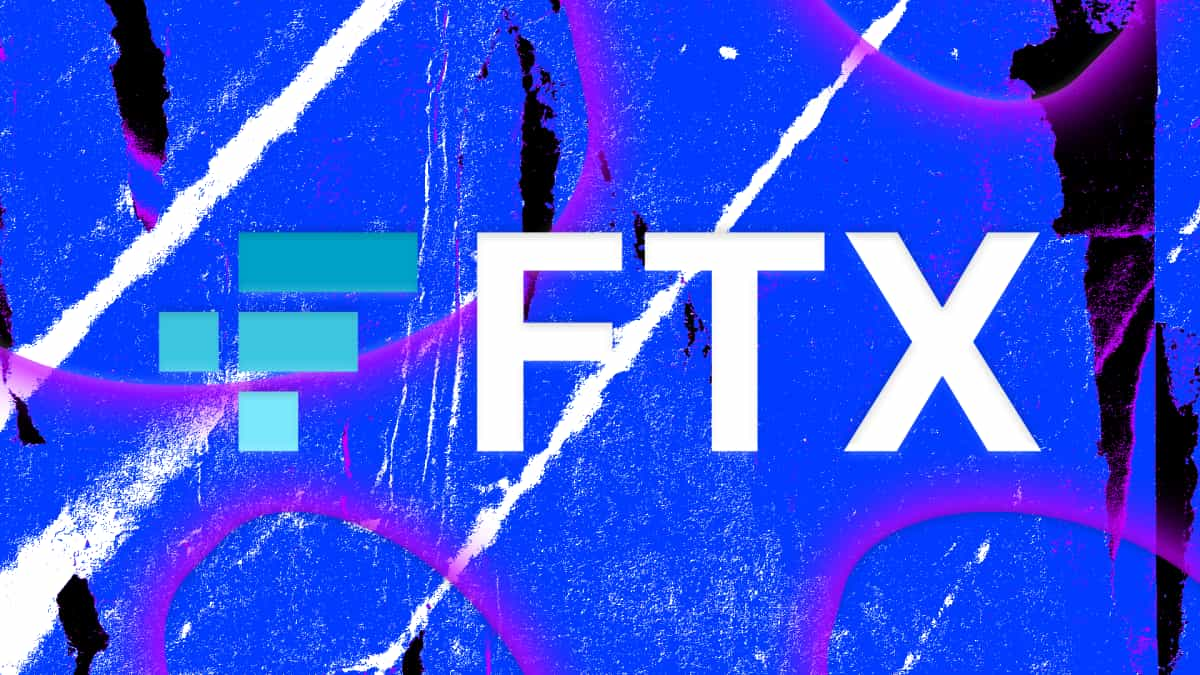Newly formed DeFi Education Fund announced first round of grants, totaling $195,000


On August 30, the DeFi Education Fund announced the winners of its first round of grants.
The four grants total $195,000 and, per the organization's title, focus on educational initiatives. In its statement, the fund said:
"As the DEF ramps up its work, the materials and ideas produced by our initial grantees will be used in educational efforts in jurisdictions around the world to advance policymakers' understanding of decentralized finance, its benefits, and their constituents’ interest in the technology."
The largest of the grants is $90,000 to DC-based political strategy non-profit Future Majority, which will focus on polling public perceptions of crypto in key swing districts and in New York City.
Diversity in Blockchain will receive $50,000 to produce a series of animated shorts explaining the benefits of DeFi tech in financial inclusion. Mike Masnick, the founder of Techdirt and the Coppia Institute, will also get $50,000 to produce research on DeFi's benefits. Matt Bartlett, a fellow at the University of Auckland's law school, will get $5,500 to report on DAOs and decentralized governance structures.
The DEF selected these four winners from an initial pool of 18 applicants. The organization will continue reviewing more projects on a rolling basis.
While the fund aims to spread its initial funding out over the next four to five years, its policy director, Miller Whitehouse-Levine, told The Block of its early grants, “We want to make sure that we are establishing a beachhead and a strong one at that.”
The DEF launched earlier this summer following a Uniswap vote that allocated $20 million in UNI to the project. The group's sale of half of those funds for USDC stirred up significant controversy among the Uniswap community.
“I think the fact that these passed with supermajorities doesn’t diminish the fact that opponents had legitimate points,” said Whitehouse-Levine, pointing to the project's origins. “Controversy, dissent etc. are going to be healthy features of any features of decentralized governance.”
Recent months have witnessed the emergence of a number of new policy advocacy and political funding initiatives promoting crypto in Washington, DC. The fight in the Senate over cryptocurrency tax reporting language in the infrastructure bill, in particular, drew mass industry attention to the political goings-on in the U.S. capital.



